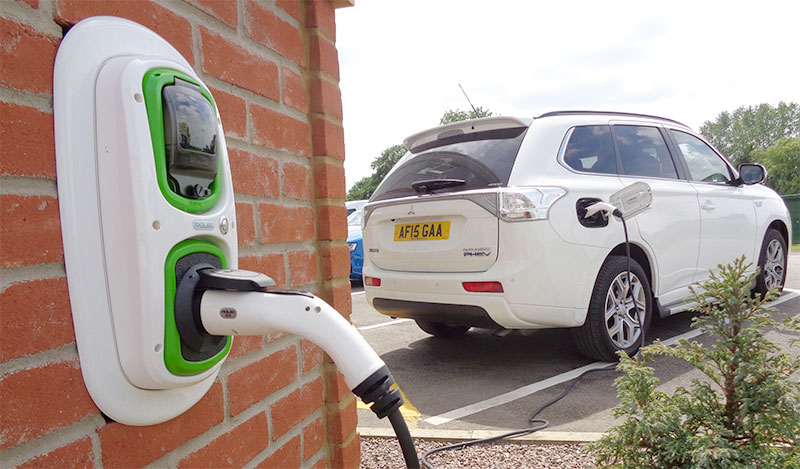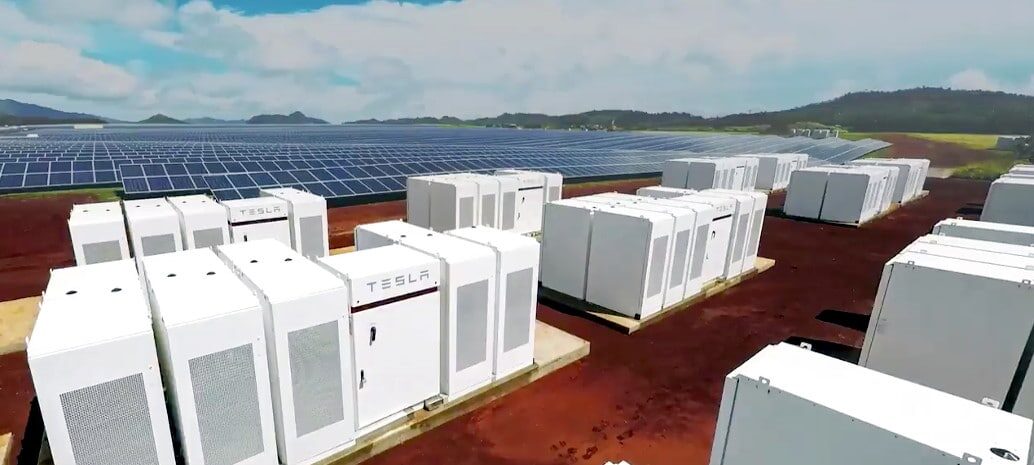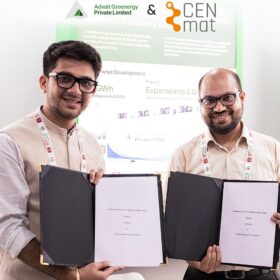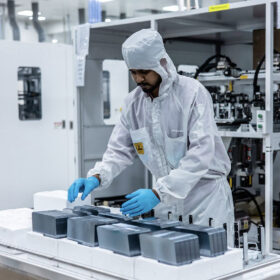Electric vehicles (EVs) should become much cheaper than combustion vehicles in three years with battery prices falling to half—NITI Aayog CEO Amitabh Kant stated at an event recently.
“The price of battery packs of EVs is expected to fall to $76/KWh (or unit) in three years, down from the $156/KWh at present. At that point, even the upfront cost of electrical vehicles will become cheaper than combustion vehicles, with the total cost of ownership already competitive,” he said.
Kant was speaking at the World Sustainable Development Summit 2020, organized by sustainability thinktank The Energy and Resources Institute (TERI) in New Delhi.
At present, in India EVs cost over two times more than their internal combustion engine (ICE) counterparts. The high cost of EVs is mainly because of the use of imported Li-ion batteries in the absence of domestic manufacturing.
Reaffirming national vision towards moving to clean mobility, Kant said, “Given its size and scale of growth potential, Indian industry must be the biggest driver of change to make us the centre of manufacturing of EVs. There are two challenges to address, to ensure new form of urbanisation which is based on public transportation, and to ensure India doesn’t lose out among global manufacturers of tomorrow.”
Representatives from the auto industry in the session welcomed the direction given by the NITI Aayog CEO, and sought clarity on pathways and policy that the government is looking to take on EVs. They urged the government to speedily develop a roadmap, as to whether to focus on hybrid or fully electric mobility, and policies that can promote indigenous research and development.
Casting his vote in favour of strengthening public transport, NITI Aayog CEO said that it is essential that innovative and sustainable development is backed by embedding our cities with public transportation and not by private vehicles. He affirmed the push for compressed natural gas (CNG) based transport for travel within cities, liquefied natural gas (LNG) for intercity, and in the long-run a focus on hydrogen as fuel, especially for public transportation.
Pairing with renewable power essential
Though EVs considerably reduce GHG emissions, their overall air quality benefits depend on the source of electricity used to charge them.
Speaking at the corporate conclave, TERI Dr Ajay Mathur said that there is a need to decarbonise key sectors such as road economy and in the process push a transition to 100% green electricity-based mobility.
“In order to move towards a shared, connected and zero emission world, and to realise the full benefits of EVs, it is important that the battery is charged with clean power and not fossil power,” he said.
In India state-owned Bharat Heavy Electricals Ltd and ABB are among the top companies setting up solar PV-powered charging stations for electric vehicles.
There are different pathways or strategies to achieve the goal of decarbonizing the transport sector. Recently, TERI has undertaken a study about the contribution of different strategies in total carbon emissions. IT was found that model shift has the maximum impact followed by efficiency improvement and electrification of vehicle fleet.
This content is protected by copyright and may not be reused. If you want to cooperate with us and would like to reuse some of our content, please contact: editors@pv-magazine.com.









That battery packs will be $76/kwh in 3 yrs is very unlikely to happen. Tesla and it’s new coming dry process tech won’t even get that low for cells and Tesla is way ahead of other cell producers on cost by 10-30% now.
So unless something new comes up that can beat lithium, that is the present and 3 yr future market.
That EVs need under $100/kwh packs to be competitive with gas cars in new price for well designed EVs is not true.
Fact is EVs other than battery pack cost 20% less, not more. A well designed 4 passenger Tesla 3 size EV only costs $15k and a 40kwh, 200 mile range pack only $4k is comparable to a gas version.
Yet Tesla charges $40k minimum for the same range.
A gas engine is many things from radiator to exhaust, etc systems that make up 30-40% of a car engine cost money people don’t understand just how much, doubling the cost, weight of the base engine in many cases.
Vettes and S-10 size pickups weigh about 3000-3300lbs yet dress out at 2k lbs after ICE removal, ready for EV bits as an example. With lithium I’ve been making older conversions and factory E-10s mostly into 120-200 mile range EVs and still be under stock weight. And still the only way to get an EV pickup.
The problem is EV producers have been gouging more than anything, is the reason EVs cost so much.
Thus why I build my own EVs as the only way to get what I want, a 200 mile range 10 minute charging subcar that tows a 1k lb load aero trailer at $2/day.
Far better ones are coming since big auto is refusing to supply them, other companies will.
Tesla reminds of being another Apple …. to be “exclusive” and lots and lots of hype….
Since the 1980’s I have purchased maybe about 7-8 Computers (PC.. Laptop, etc)…. NONE OF THEM were Apple… but then I am a simple Electrical Engineer rather than someone who can be sold the “Eiffel Tower”….
Looks like I will pass on Tesla EV’s and other Products too… which ALWAYS appear to be exhorbitantly priced….
What the world needs is a COMMON MAN’S EV… AT AN AFFORDABLE PRICE… FOR.. BY.. AND OF THE PEOPLE ….. AND DEFINTELY NOT BY BUSINESSES AND FINANCIERS OPERATING ON “CUSTOMER GOUGING” BUSINESS PLANS… EXCLUSIVELY…. LIKE TESLA…. APPLE ETC..